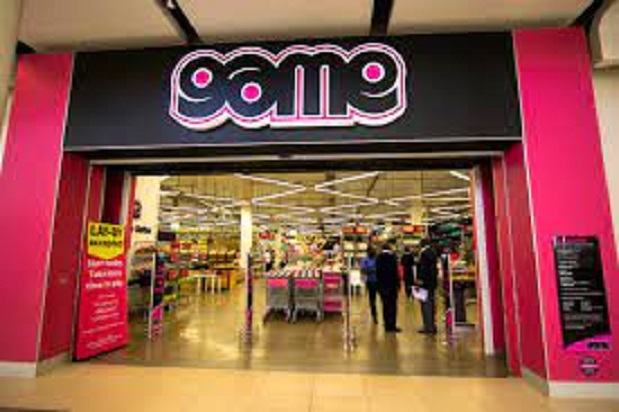Game Store is exiting Uganda
South African retailer Massmart which operates the Game Stores, has begun talks with staff on the planned closure in Kenya and Uganda after efforts to sell the business failed.
The Johannesburg Stock Exchange-listed retail giant said on Wednesday that it did not find domestic buyers for its 14 Game stores in Kenya, Uganda, Tanzania, Ghana and Nigeria after putting them up in the market last year.
“Massmart initiated a process over a 12-month period to investigate… the opportunity to sell our East and West African stores to local investors. Unfortunately, this initiative did not deliver a meaningful outcome,” the company said.
Massmart chief executive Mitchell Slape last year said the chain had begun a formal sales process to divest five Game stores in Nigeria, four in Ghana, three in Kenya, one in Uganda, and one in Tanzania.
The retailer said it had been struggling to crack the markets, occasioning losses.
Massmart, majority-owned by US super chain Walmart, made its debut in Kenya with Game Stores in 2015 with its first store at the Garden City Mall to cash in on the growing demand for retail outlets in the country. It subsequently opened two other stores at the Waterfront in Karen and the Mega City Mall in Kisumu.
Massmart also opened a building material store, Builders, at the Waterfront Mall in 2020. The firm told Business Daily last year it would not divest it.
Massmart has been posting losses and losing market share to bigger local rivals in South Africa, forcing majority owner Walmart to cut costs and invest more capital in turning the company around.
Last month, Walmart launched a 6.4 billion rand ($377.6 million) offer for the remaining 47 percent of Massmart it does not already own.
The world’s biggest retailer had acquired a 51 percent stake in Massmart in 2010 for $2.3 billion, an investment that was seen as an outlay to use South Africa as a base to grab a share of the so-called ‘Africa growth story.’
But it has struggled since then in the face of very competitive and highly profitable local retailers such as Shoprite and Woolworths, curtailing the company’s aims to expand further into Africa and shaving off almost three-quarters of its market value in the last decade.
-Agencies





